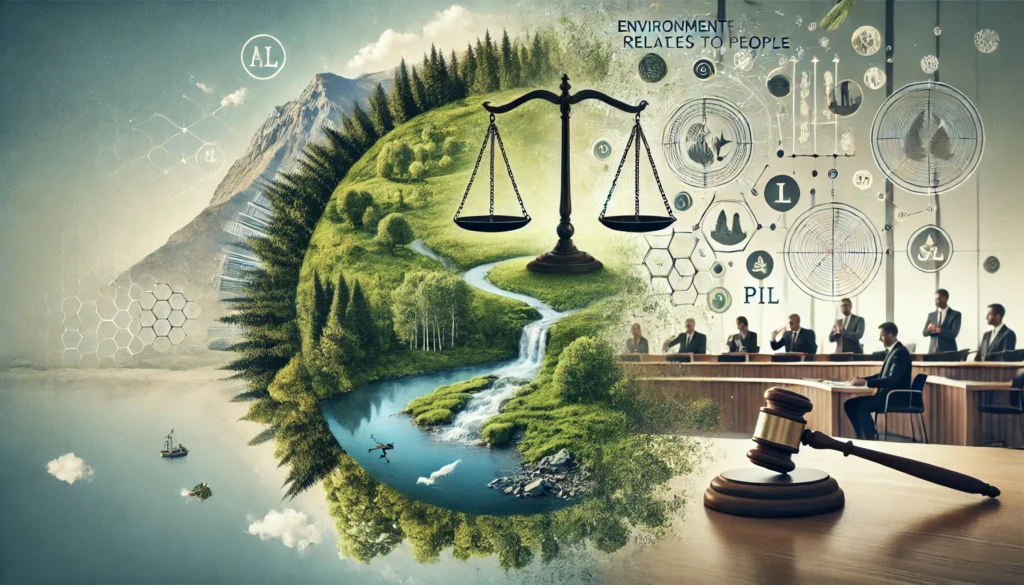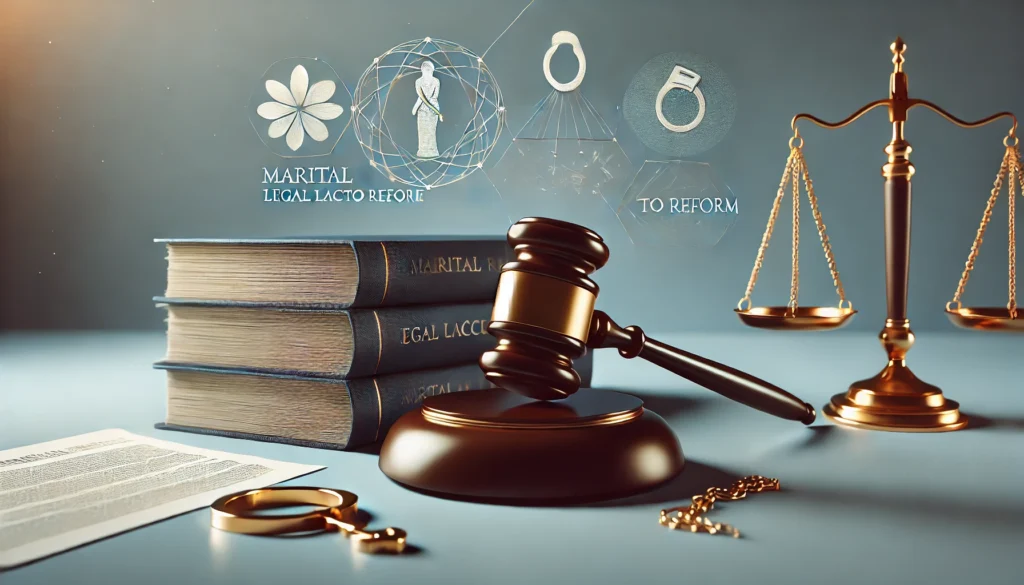Published On: September 30th 2025
Authored By: Elakkiya G
Hindustan Institute of Technology and Science
-
Abstract
Genocide the word itself seems too heavy. It’s not just a crime in the book but It’s a destruction—deliberate, cruel and final. After the Holocaust, the world said, “Never again” but it continued to occur in Rwanda, Bosnia, Darfur and now Myanmar. And Gaza.
This article walks through how the law tries and sometimes fails to catch up with such horrors. The laws include 1948 Genocide Convention, the Rome Statute of the International Criminal Court (ICC), and the role of the International Court of Justice (ICJ) in avoiding genocide. And we also see about how the courts work, where they break down, and what else can be done by them to avoid genocide.
We also slow down looking at the victims. The Rohingya mother running through the rain with her children. The Palestinian boy digging through rubble for his sister. This isn’t only law it’s human lives and justice, if it’s going to mean anything, must reach them.
-
Introduction
Genocide does not mean just “killing a lot of people” but it’s a plan to erase a whole group from existence. To wipe out not just bodies, but their culture, language, history and everything.
Raphael Lemkin, a Polish lawyer who escaped from the Nazis, came up with the word during World War II. He had seen it and lived through it. And after the war, the Genocide Convention was born. They made promises nut failed to comply with that.
In Rwanda, 1994 over eight hundred thousand people gone in a hundred days. And in Bosnia, 1995 men and boys were slaughtered in Srebrenica while the world as simply watching it. We keep saying we’ve learned but we haven’t learned.
In fast forward Myanmar’s military turning on the Rohingya. Israel’s bombardment of Gaza after the Hamas’s attack. The details are different, but the pattern of scale including death, the targeting of identity—is disturbingly familiar.
This piece looks at those two crises like Myanmar and Gaza. What the law says. What have been done. What have not done and why.
-
What the Law Says
The Genocide Convention (1948) [1] is where it all starts. It defines genocide as black-and-white which consist of five acts done with the intent to destroy, in whole or part, a national, ethnical, racial, or religious group.
The above-mentioned acts are
- Killing the individuals in group.
- Causing physical and mental harm.
- Imposing life destroying conditions.
- Controlling births.
- Voluntarily shifting children to other places.
Intent is the key word here without it, the crime might be a war crime or a crime against humanity but still awful. But not genocide in the legal sense.
Then there’s the Rome Statute of the ICC (1998) [2] came into force. It repeats the definition but adds something important such as it targets individuals, presidents, generals, leaders and not just states. But here’s the catch if a country isn’t a member of ICC, it can’t touch it unless the UN Security Council says so. And politics often blocks that.
-
Myanmar and the Rohingya
The Rohingya are a Muslim minority living in Buddhist-majority Myanmar. For many years they’ve been treated as outsiders in their own land without citizenship and prevented from travel. Their villages raided by mobs while authorities looked away.
But in 2016 and 2017, everything got exploded. The army Tatmadaw implemented a “clearance operations” after the attacks by Rohingya militant group. As a result, whole villages burned, families slaughtered, women raped, and children thrown into fires. Over 700,000 people moved to Bangladesh, crossing rivers, walking for days, carrying whatever they could.
It wasn’t a random incident it looked planned as found by UN investigators it was genocide.
-
The Legal Fight
Let’s talk about the Gambia. Yes, The Gambia which is thousands of miles away in West Africa. In the year 2019, Gambia filed a case against Myanmar to the ICJ stating that Myanmar has violated the Genocide Convention.
On January 2020, the ICJ ordered Myanmar to stop any genocidal practices and preserve evidence, but it never stopped it continued to do so.
Meanwhile, the ICC also found a way in through Bangladesh because it is an ICC member, the Court claimed jurisdiction over the crime of deportation by forced pushing of Rohingya across the border. This is not the full details but it’s something related to it.
And the Independent Investigative Mechanism for Myanmar (IIMM) [3] is quietly collecting evidence, Interviews, Photos and Documents. For trial which can happen anytime.
-
Gaza: Law Meets Politics
In October 2023 the Hamas attacked Israeli civilians which was brutal and shocking. The Israel responded with massive airstrikes on Gaza resulting on whole neighbourhoods gone. As a result, the schools, hospitals, homes reduced to rubble, water and electricity was not available, and also food was not provided.
Therefore, International law banned targeting civilians, starvation as a method of war and banned the collective punishment. But proving genocide was harder. You need to show intent to destroy Palestinians as a group. That’s on a high bar.
As Palestine was an ICC member, the Court had jurisdiction. So, in May 2024, ICC Prosecutor Karim Khan went for something bold issued arrest warrants for both Israeli and Hamas leaders for the Crimes including s extermination, hostage-taking, and deliberate targeting of civilians. It was rare to go after both sides in an active conflict.
So, it resulted with a mixed reaction stating that some called it justice and others alleged as bias and as usual powerful state had strong opinions.
-
The Obstacles
So, do you know why after all these laws, does genocides keeps on happening? There are Four big reasons behind it:
- Jurisdiction Gaps – Many states not only ICC members, Myanmar and Israel. The Court can’t touch them unless the UN Security Council steps in, and that rarely happens.
- Enforcement Problems – The ICC and ICJ can issue orders and warrants, but they have no police to do such procedures. No one to go out and arrest a head of state. It depends on other countries. And many don’t want to.
- Proving Intent – You can show thousands dead. Villages gone. But to prove genocide, you need evidence that leaders wanted to wipe out the group. That’s harder to get.
- Politics Everywhere – Justice gets tangled with geopolitics. Powerful nations shield allies. Critics say the ICC goes after African leaders more than Western ones. That perception hurts credibility.
-
Other Ways Forward
When the big courts were not available, smaller paths has been opened:
- Hybrid Tribunals – Like the Special Court for Sierra Leone. Mix of local and international law. Could work for Myanmar or Gaza if the politics align.
- Universal Jurisdiction – Some countries prosecute genocide no matter where it happens. In 2021, Rohingya activists filed a case in Argentina against Myanmar’s leaders.
- Evidence Lockdown – Even if trials take decades, evidence matters. That’s why the IIMM and the UN’s Palestine inquiry keep documenting.
-
Faces Behind the Law
It could be easy to get lost in statutes and court names, but it is not easy when it comes about people.
A Rohingya boy, age 9, who hasn’t seen his home since the soldiers burned it. He used to play in the mud outside a refugee tent, holding a stick like it’s a sword. His parents have never talked about the night they fled.
A Palestinian doctor was exhausted, sitting on a pile of bricks where his clinic used to be. He talks about how he was treating wounded children by candlelight until the candles ran out.
These are not just “case files.” They are the reason the laws exist. But it’s been seen that the laws, without enforcement, are just words.
-
International Courts Under Pressure
The ICC and ICJ failed to work potentially. They operate in a world where politics, media, and public opinion all crash into one another. Such as when the ICC issued an arrest warrants for Sudan’s Omar al-Bashir, some states refused to enforce them because of trade issues or security ties. The same dynamic plays out currently.
Some governments argues that the have been biased sometimes. Others fear that today’s prosecution could be tomorrow’s precedent against them. In a 24-hour news cycle, the narrative shifts Fastly from a leader is a war criminal in headlines this week and the next week they’re shaking hands with diplomats at a peace conference. Justice moves too slowly, and Politics moves Fastly.
-
The Role of Civil Society and Media
Courts often rely on evidence, but in some cases, it relies on journalists, NGOs, and ordinary people with smartphones who gather the information first. For example, the videos from burned Rohingya villages was taken survivors and the footage from Gaza’s bombed hospitals given by doctors livestreaming under fire.
Groups like Human Rights Watch, Amnesty International, and local activist networks often push cases forward when official channels avoid it. They pressure governments, raise awareness among public, and keep stories alive when the news cycle has moved on.
But it’s usually risky work. Journalists even get jailed or killed. Also, activists can be threatened. Still, without them, many of the crimes we now debate in the courtrooms might never have been recorded at all.
-
Conclusion
Genocide is not only a thing of the past but it’s in the present in Rakhine State., Gaza City and may be seen in many states where we are not seen yet.
There are significant legal tools like The Genocide Convention, ICC and ICJ. But these tools have been working only when someone uses them which takes political will, but that’s often missing.
If “never again” means anything, it must mean the action when it’s hard, not just when it’s easy. It must mean holding everyone accountable, even the powerful ones.
Because the victims who are in refugee camp in Bangladesh or under the rubble in Gaza, they don’t have much time for the world to get its politics in order, but they need justice only.
References
- Convention on the Prevention and Punishment of the Crime of Genocide, 9 Dec. 1948, 78 U.N.T.S. 277.
- Rome Statute of the International Criminal Court, 17 July 1998, 2187 U.N.T.S. 90.
- Report of the Independent International Fact-Finding Mission on Myanmar, A/HRC/39/64 (12 Sept. 2018).



